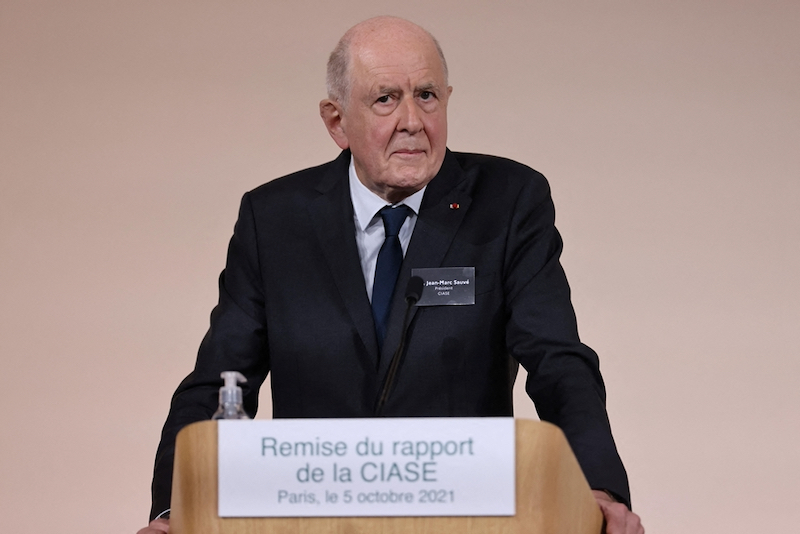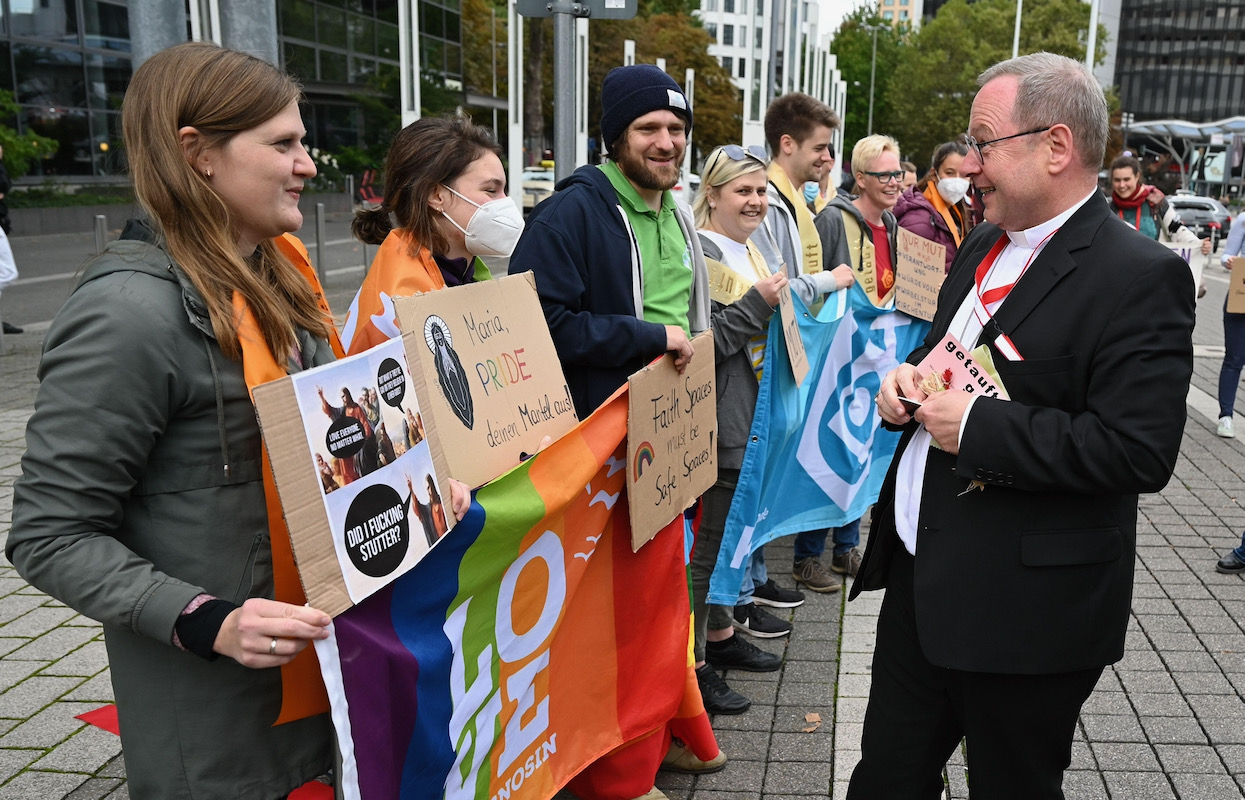Three days of heated debate on radical church reform ended abruptly in Germany after the quorum could not be met at the synodal path plenary assembly.
The German synodal path project met for its plenary assembly in Frankfurt from 30 September to 2 October to continue its discussions on church reform.
Two hundred and thirty members, including bishops, clergy and lay Catholics, continued with their discussions of “power and checks and balances”, “sexual morality”, “the priestly lifestyle” and “women’s place in the Church”.
The assembly ended an hour earlier than planned on Saturday. As many members had left early, the quorum could not be met. It was decided that the assembly would meet again at the beginning of February 2022 and the whole synodal path project would be prolonged until 2023.
Despite the unexpectedly abrupt ending, conference president Bishop Georg Bätzing of Limburg was very positive. “Texts have been debated that are not just texts but dreams put into words of how we want to change the Church in Germany: a Church that is participatory, gender-just and walking this path with the people of God.”
The text on power and checks balances was discussed at length and 83 per cent voted in favour of it. “I think the text is good because it is realistic and does not say that we want to change canon law but that we can move forward step by step,” Cardinal Reinhard Marx of Munich pointed out.
Bishop Franz-Josef Overbeck of Essen noted that celibacy had become so much of an exclusion criterion for the clerical ministry “that we now have almost no candidates for the priesthood any longer. And this is no longer just a German problem.”
The subject of how democratic the Church could be was debated at length. Bishop Stephan Ackermann of Trier was sceptical. One should not act as if democratic societies were “a second Gospel”, he warned. And Bishop Helmut Dieser of Aachen cautioned against democracy “eating up” the hierarchy. His diocese favoured a consensus model. “A decision can only go through if neither the bishop nor the lay bodies raise an objection”, he explained.
The president of the Central Committee of German Catholics (ZdK), Thomas Sternberg admitted afterwards to the press that he had arrived at the plenary “with great misgivings because of the differences synod members had and the number of issues up for discussion…. But there were fair debates and very constructive discussions. I am glad we experienced a calm presentation of even very controversial positions.”



 Loading ...
Loading ...